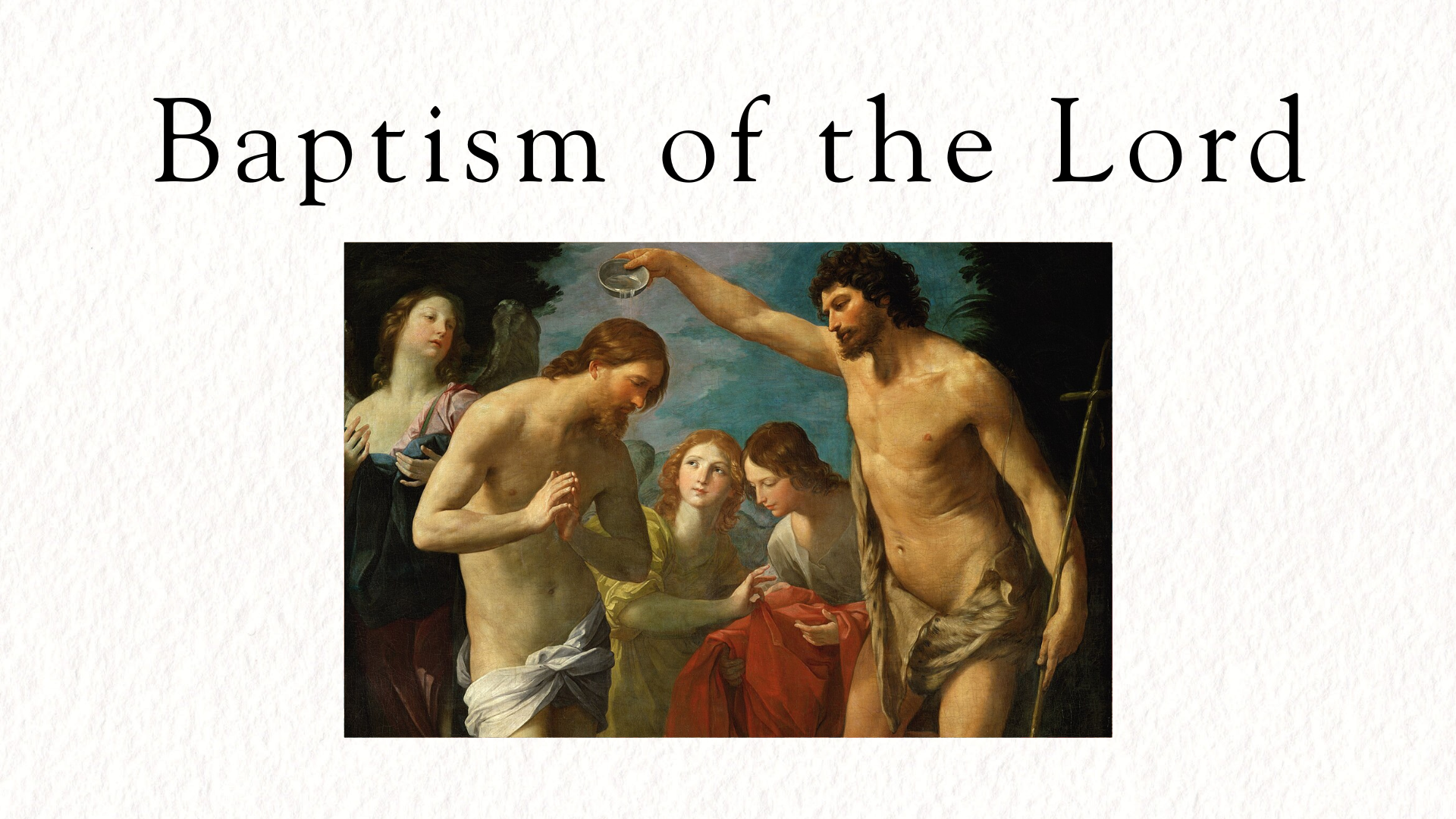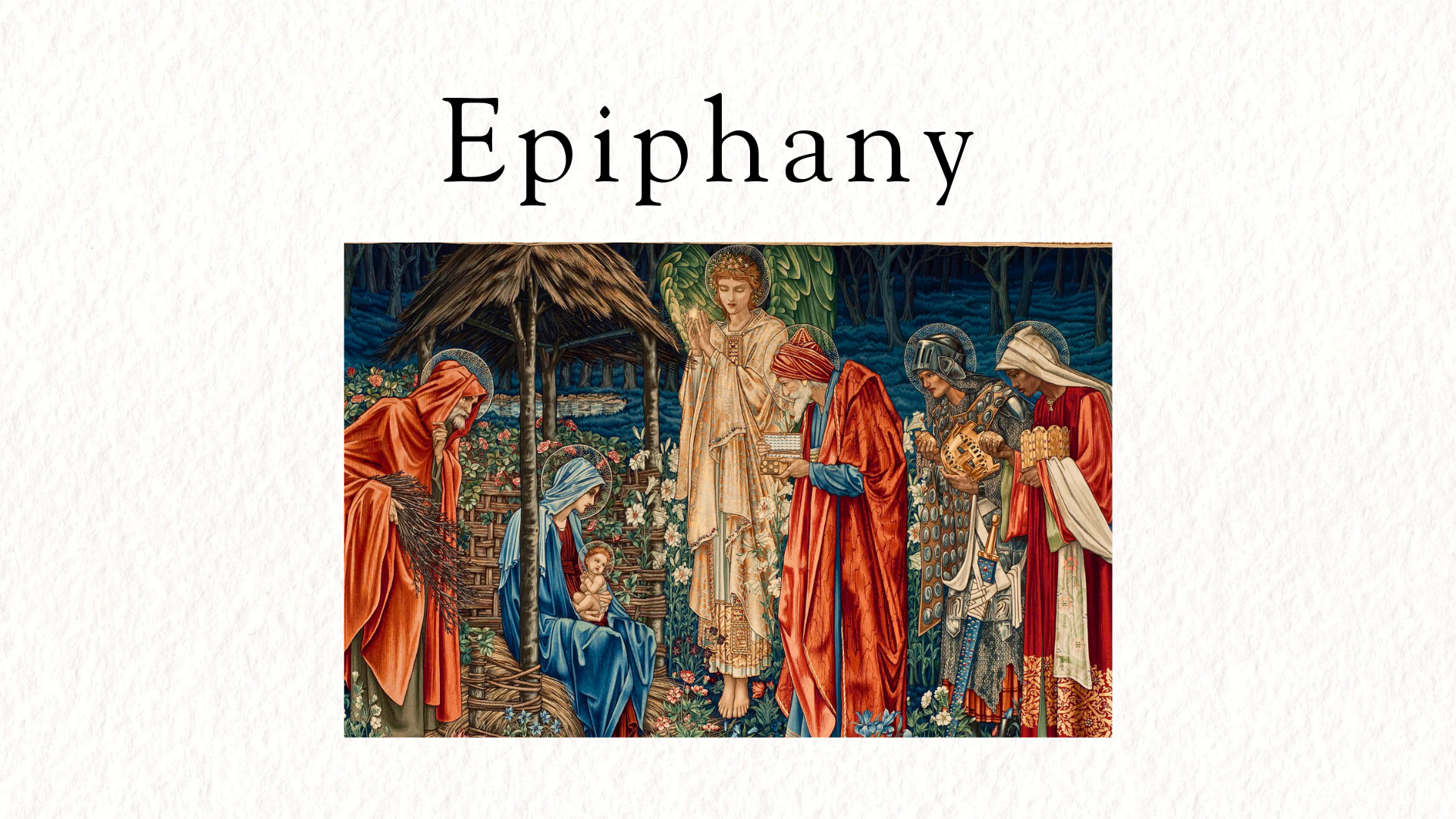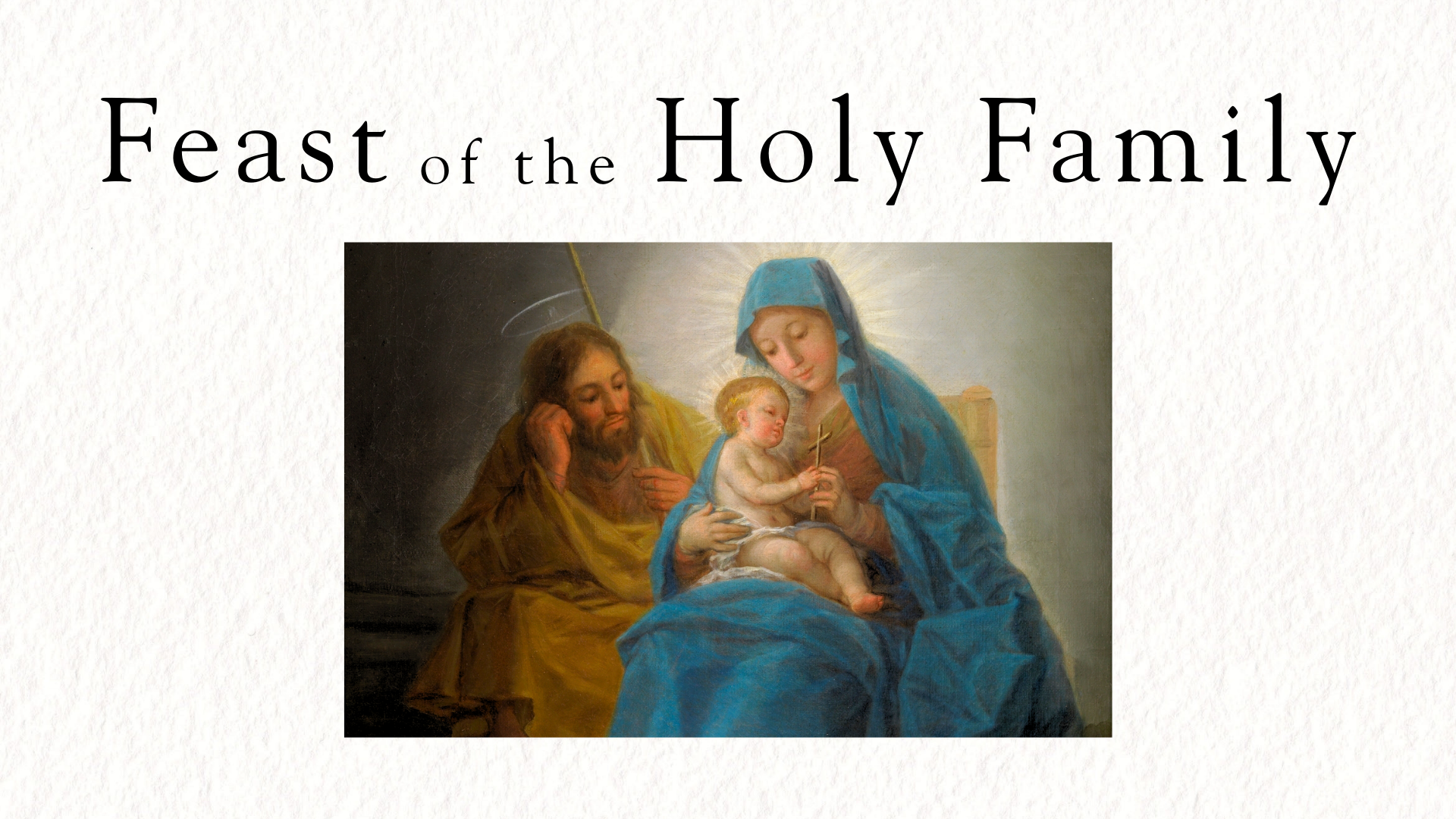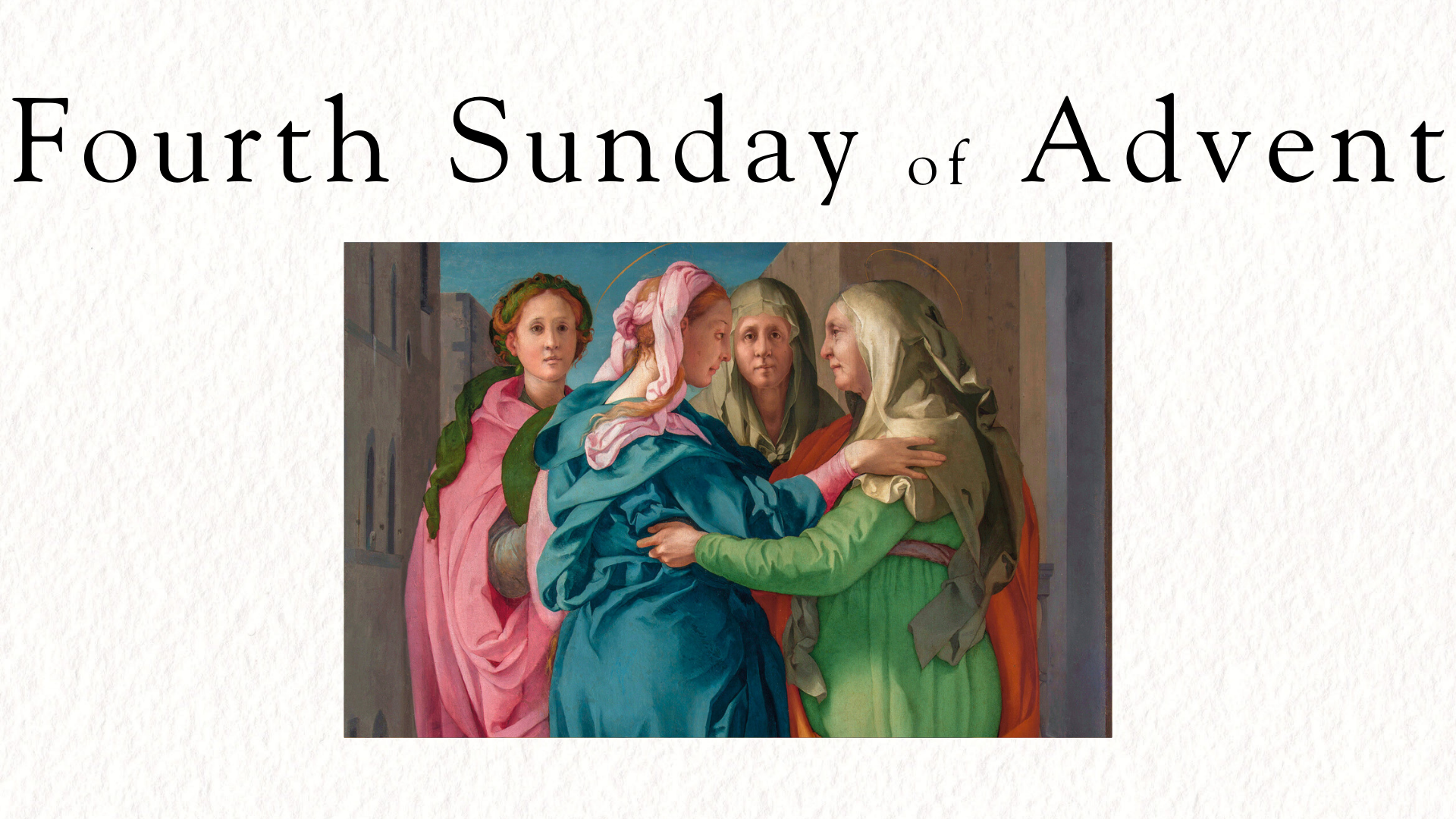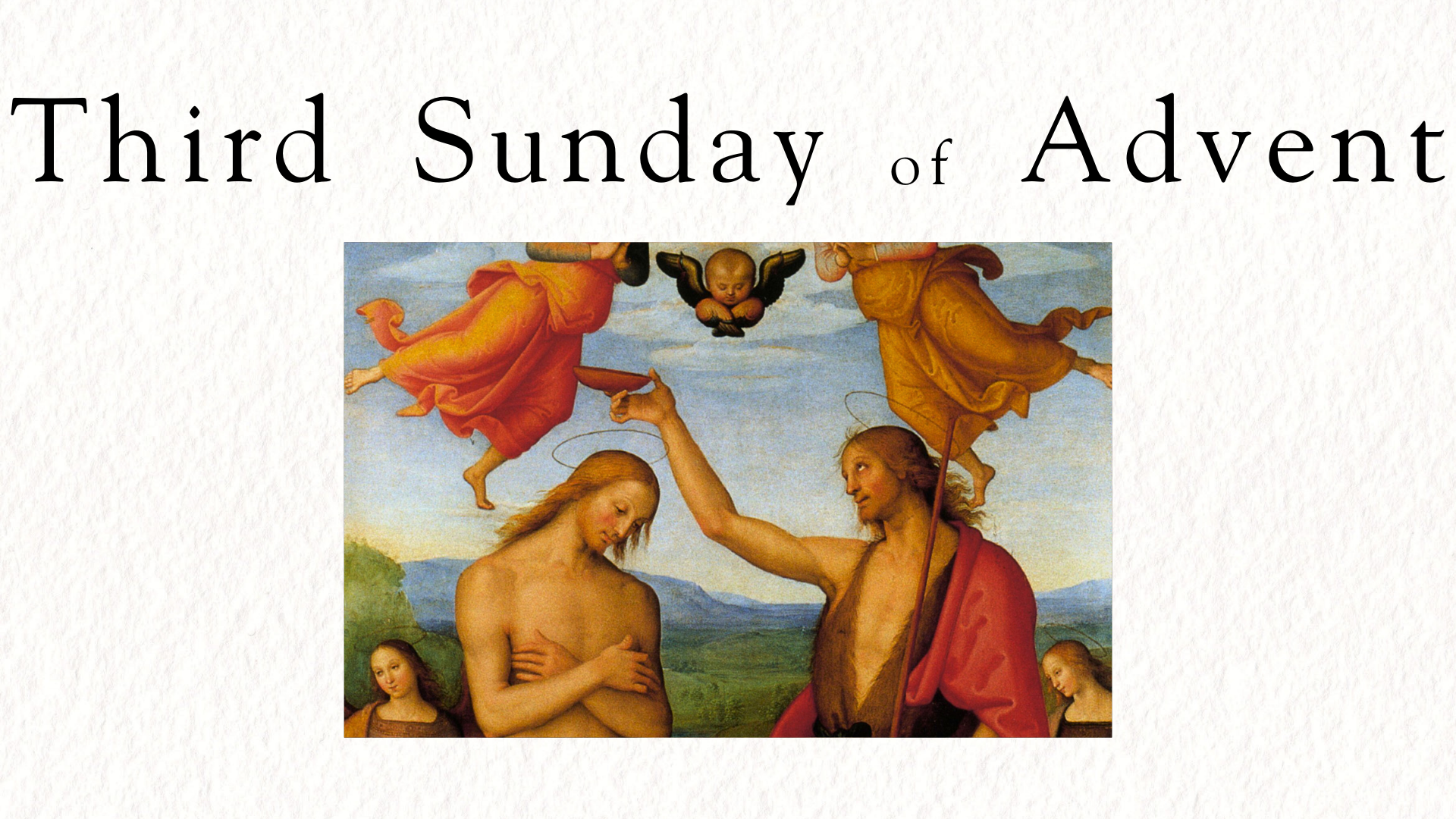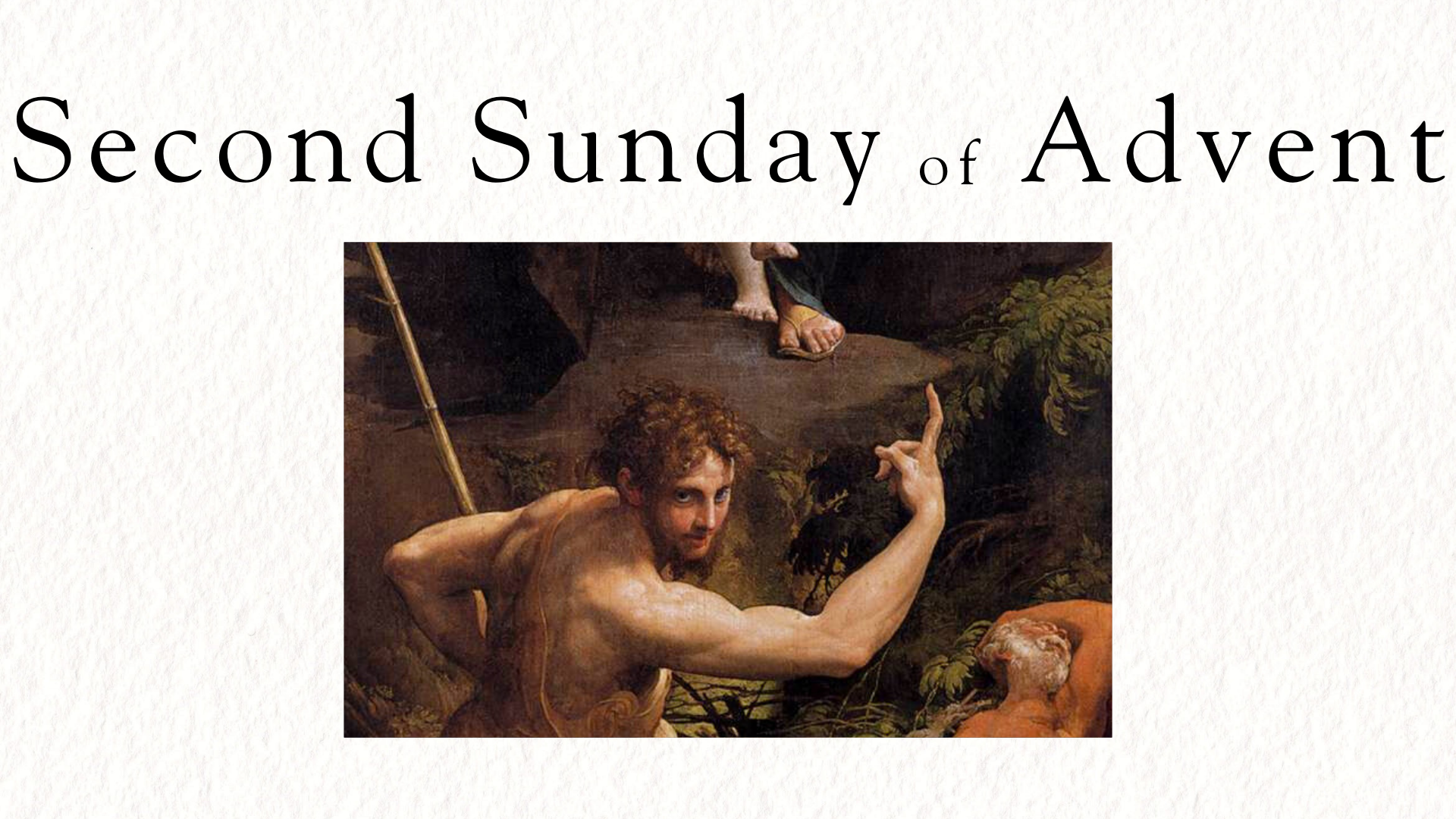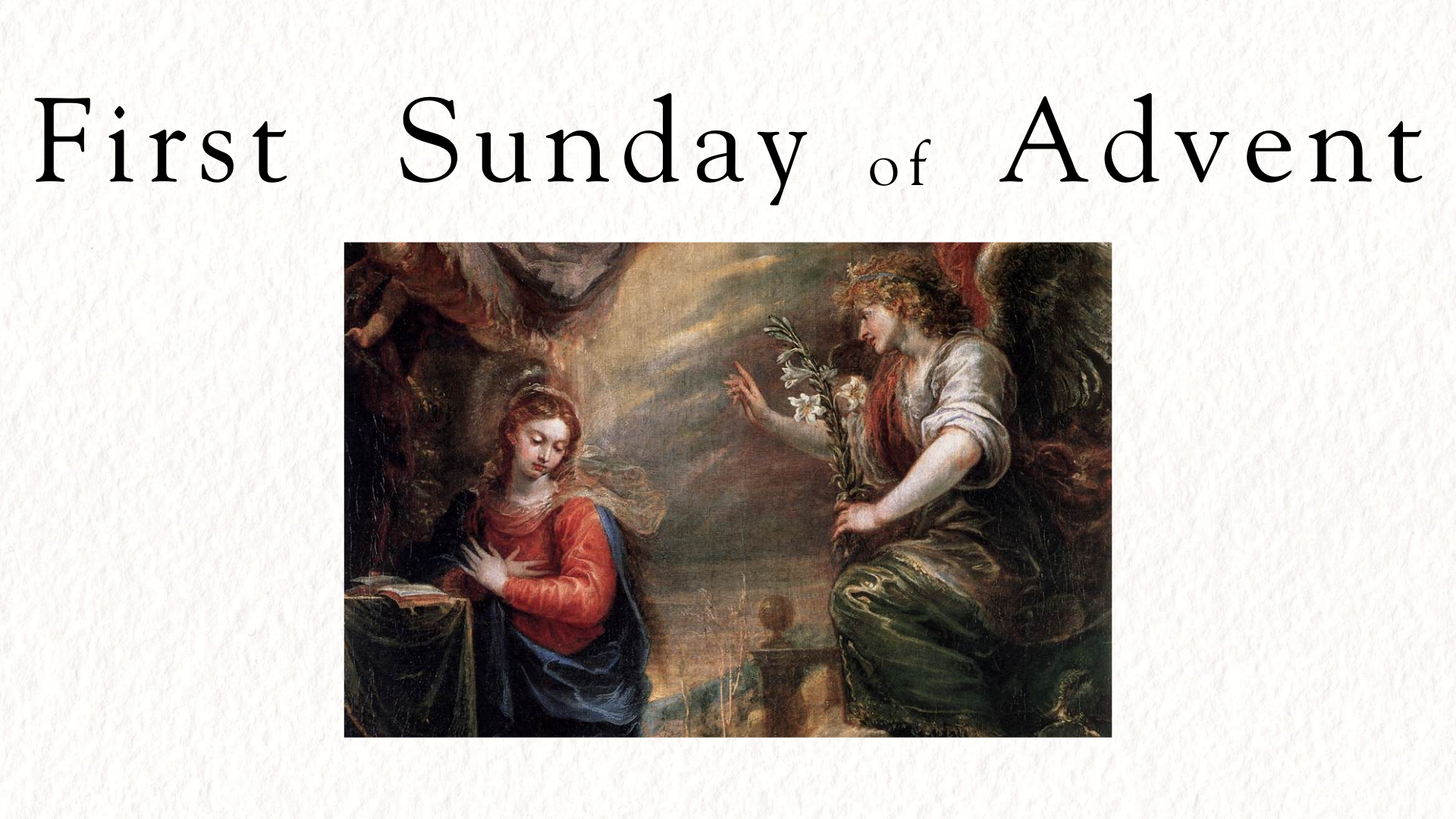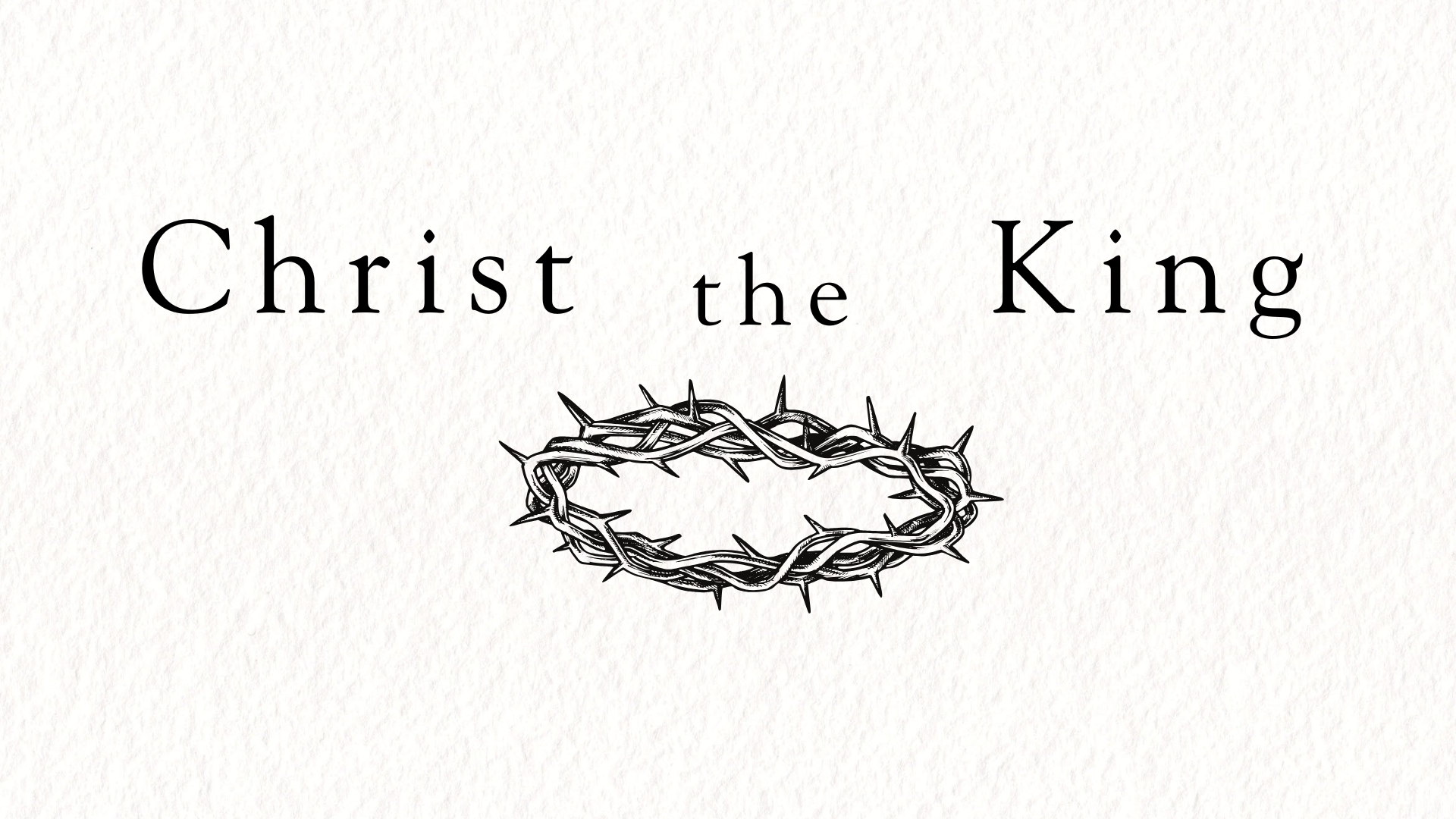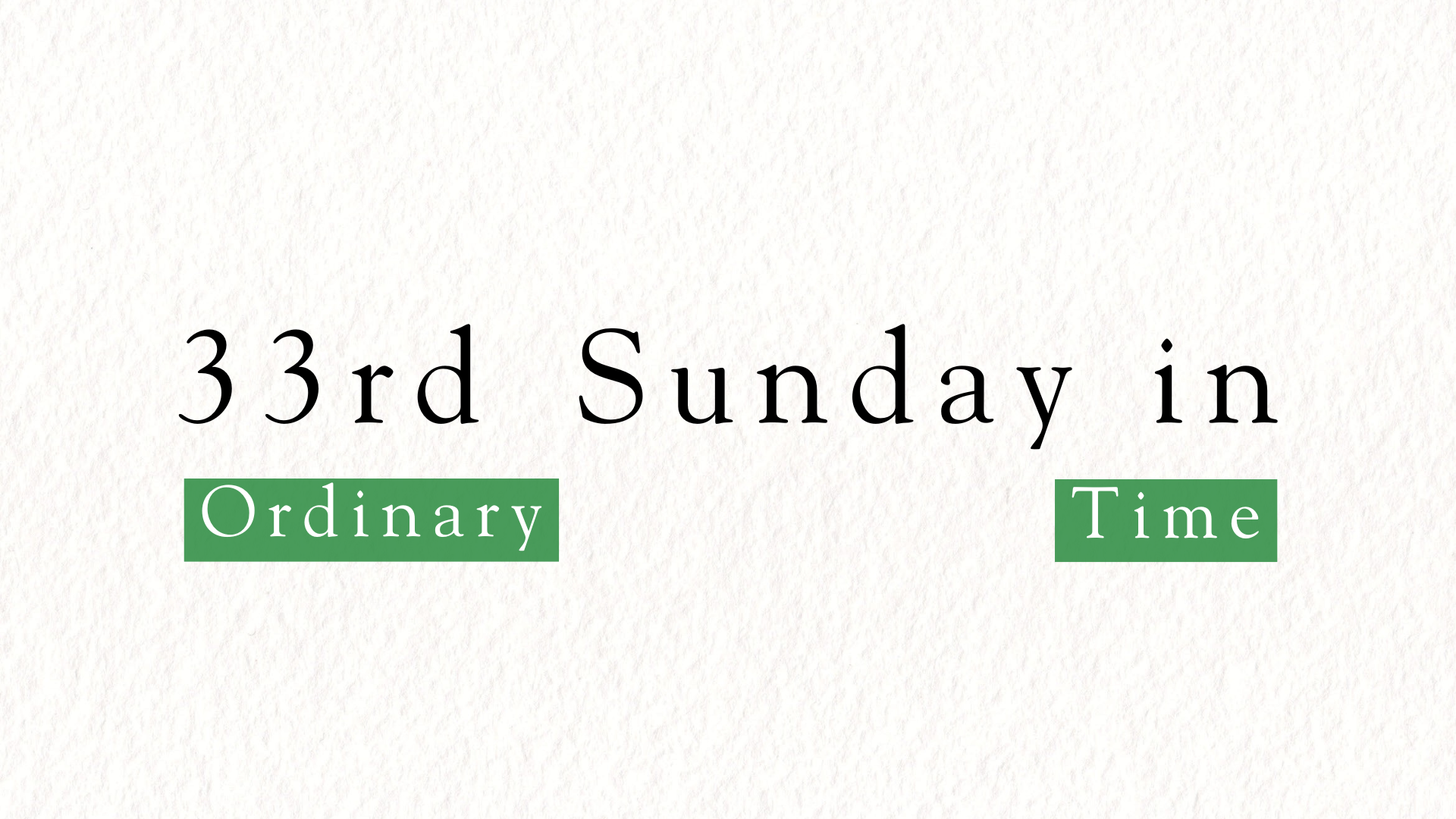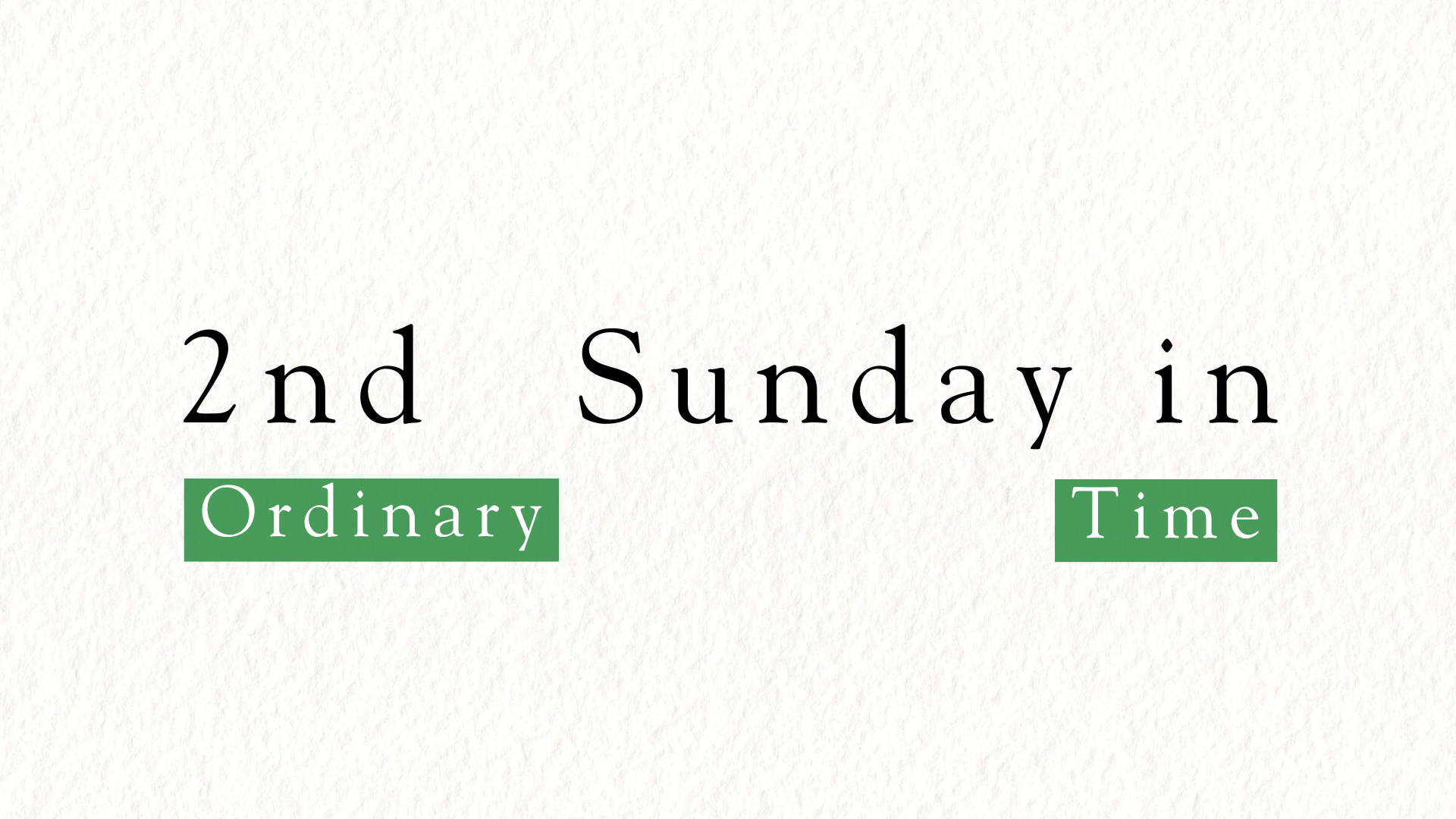
John 2:11
Jesus did this as the beginning of his signs in Cana in Galilee and so revealed his glory, and his disciples began to believe in him.
Readings for Sunday: Isaiah, 1 Corinthians, John
Reflection:
Did you catch it? Jesus’s first public miracle was at the wedding feast in Cana, changing water into wine. Yet, he wasn’t going to do anything until his mother interceded with him. It points to the profound role that Jesus’ human mother, Mary, played in his life. While we are all sinners, and Jesus is not, he is still human. Mary, preserved from sin by God’s grace, is still a human mother. Their relationship teaches us several things.
Motherhood is one of the most powerful roles in human life, shaping not just the physical life of a child, but their very identity and sense of being. Without a loving mother, children often struggle with self-esteem, trust, and relationships. If you think about, infants and toddlers learn a language at home from their parents, especially their mothers. Jesus’ native language was Aramaic because Mary and Joseph spoke it at home. Mary’s importance in salvation history is clear in today’s gospel story and in the fact that when all the apostles fled, except John, she stood at the foot of the cross. From Jesus’ conception through his death and resurrection, Mary was there.
Do we appreciate motherhood as just that: a radically important role? Granted some mothers work outside the home by choice or necessity. Some choose to exclusively work in the home; a stay-at-home mom is working hard. Either which way, mothers are counselors, teachers, nurses, cooks, caregivers, etc. Supporting mothers, especially single mothers, and ensuring just wages for families is essential, especially to enable those mothers who choose to be able to work in the home.
Reflection Questions
- In Your Prayer Ask: How has your relationship with your own mother, or a mother figure in your life, shaped your sense of identity and trust in others?
- Reflect on This: What can Mary’s role as both the mother of Jesus and an intercessor teach us about the spiritual and emotional impact of motherhood in our own lives?
- Consider in quiet reflection: In a society that often undervalues the role of stay-at-home mothers, how can we actively support and uplift the work of all mothers, including those who face unique challenges like single parenthood or financial struggles?

